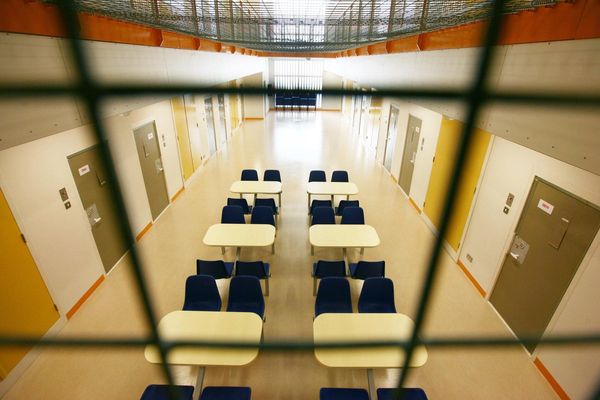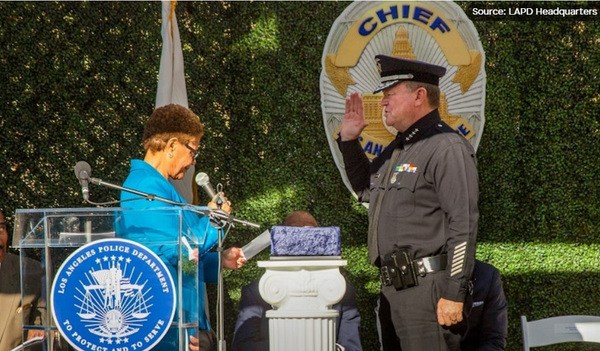Tesla (TSLA) posted weaker-than-expected second quarter deliveries, the carmaker detailed Saturday, as the impact of plant closures in China and supply chain disruptions worldwide took its toll on production.
Tesla delivered 254,695 new cars over the three months ending in June, the company said in a statement, up 26.7% from last year but down 17.7% from the record 310,048 tally reached over the first three months of last year. Analysts were originally looking for a total of around 295,000, but that estimate was sharply reduced over the past week following reports of a Tesla-collected consensus of around 256,000.
Tesla delivered 238,533 units of its Model 3 and Model &, as well as 16,162 units of its Model S and Model X, the report indicated.
Production fell to 258,580 vehicles, from the 305,407 made in the first quarter and the 305,840 tally recorded over the final three months of last year, thanks in part to supply chain disruptions and Covid-related closures at its Shanghai factory.
"In the second quarter, we produced over 258,000 vehicles and delivered over 254,000 vehicles, despite ongoing supply chain challenges and factory shutdowns beyond our control," Tesla said in a statement. "June 2022 was the highest vehicle production month in Tesla’s history."
Tesla shares closed at $681.79 each Friday in New York, after rising 1.24% on the session to trim the stock's year-to-date decline to around 35.5%.
Tesla lost around 22 days of production from its key Shanghai gigafactory owing to China's 'zero Covid' lockdown polices in the nation's largest city over the second quarter.
Supply chain disruptions and surging input costs also crimped Tesla's overall production rates, forcing the group to both boost current model prices and look to near-term cost-cutting as it heads into the final months of the year.
Raw materials prices, as well as labor costs linked to overall production cycles, have risen steadily over the past year, while Nickel prices -- a crucial component in EV battery making -- have risen around 30% so far this year to around $25,500 per ton on the London Metals Exchange, while battery-grade lithium carbonate prices are up around 60% from early 2021 levels.
Tesla told investors in April that "the inflationary impact on our cost structure has contributed to adjustments in our product pricing, despite a continued focus on reducing our manufacturing costs where possible.
Earlier this week, General Motors (GM) cautioned that chip shortages and supply chain snarls lead to production delays that impacted around 100,000 vehicles, although the carmaker reiterated its full-year profit forecasts.
GM said the 96,000 vehicles, which sit in the group's broader inventory, were missing certain components that will delay their ultimate sale. Still, GM said second quarter U.S. sales were down 15.4%, although that tally came in under the Street estimate of around 17.1%.
Tesla said it will publish its second quarter earnings on Wednesday July 20.







